
Striking Statistics About Studying in France You Didn’t Know: 2021
Studying in France has been a dream come true for Jalen and I as Americans pursuing master’s degrees at the Université de Reims Champagne-Ardenne. How common is it in practice to become a student in France as an American? How many students of other foreign nationalities are following the same path? In general, what are the key facts and figures that we can gather about international students in France? Read on for ten fascinating statistics that might surprise you about studying in France as a foreigner.

Europe is the number #1 destination for international students in the world. Millions of foreigners choose Europe to pursue higher education, with France being the 6th most popular country.
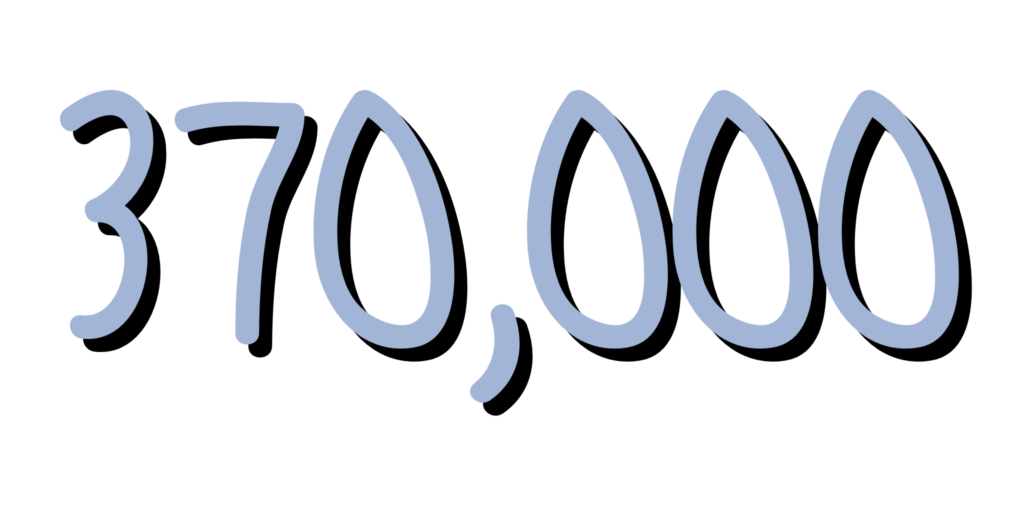
There are 370,000 total international students studying in France including degree-seeking students, a portion of exchange students, and foreign students who obtained their high school diploma in France. This figure illustrates just how many foreign students have the opportunity to benefit from France’s stellar education system.
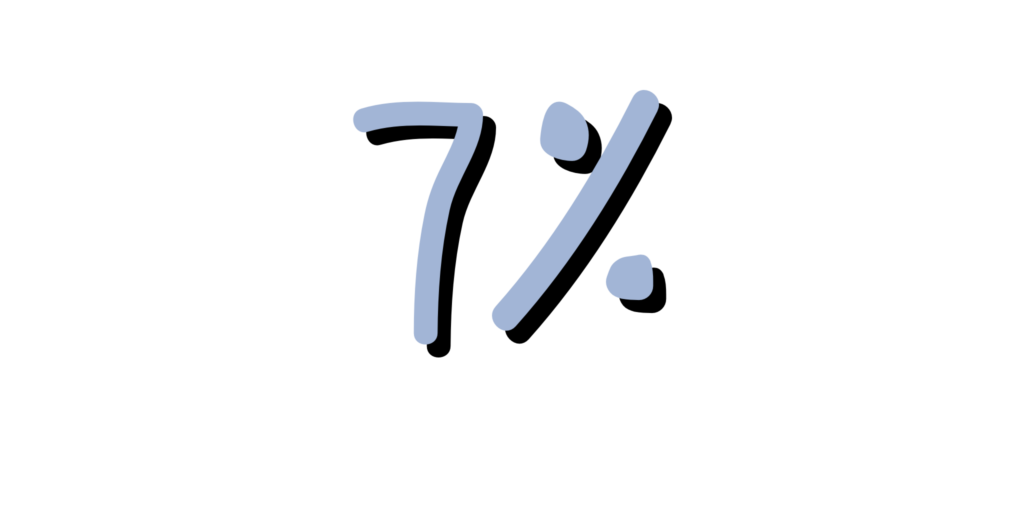
The acceptance rate for international students in French universities comes to 7%. Only a small portion of all foreign applicants are selected to study in French universities.
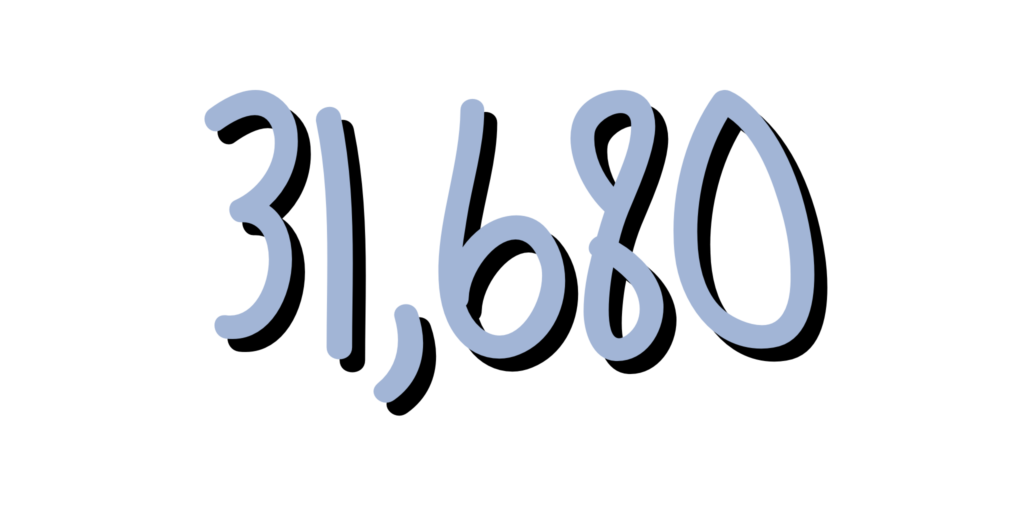
There are 31,680 international students studying in the Grand Est region, meaning the region hosts about 9% of all international students, including us! Grand Est is therefore the 4th most popular region for foreign students in France.

Just 2% of international students studying in France come from the United States. That makes only 6,686 of us! Americans are but a tiny fraction of foreign students in France.
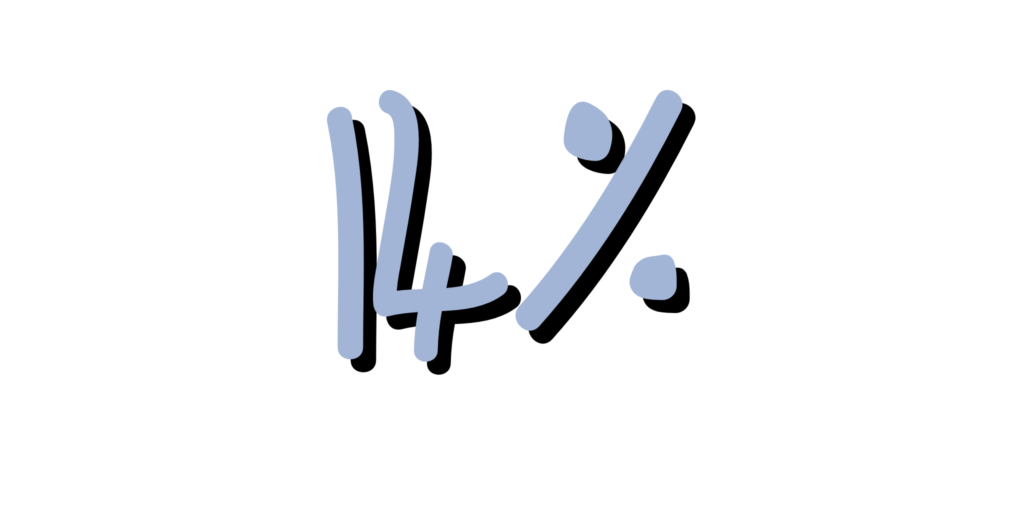
14% of all students in France are foreigners. That’s a good amount! For comparison, just 6% of all students in the United States are foreigners.
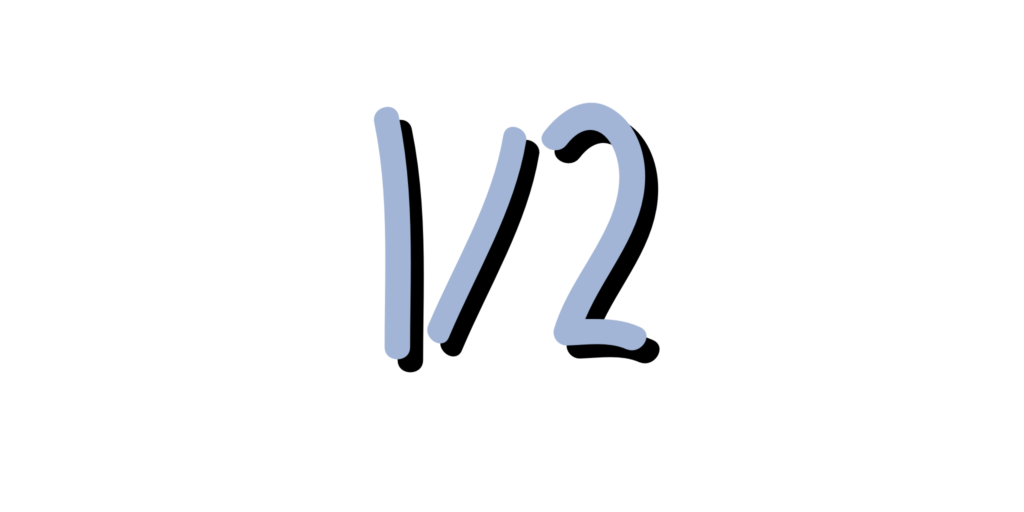
Half of all foreign students in France are studying for their undergraduate degree. That leaves 41% of students pursuing their master’s degrees and 9% in doctorate programs.
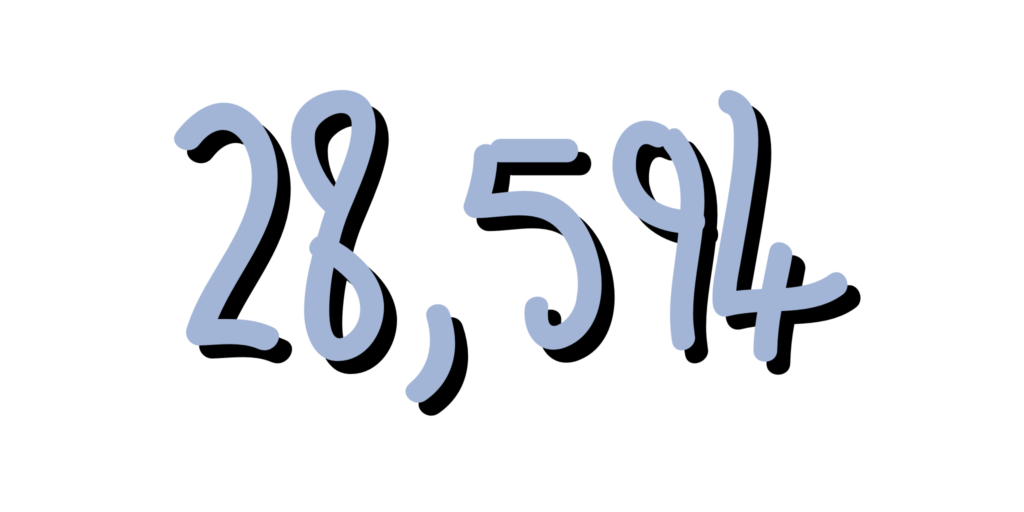
28,594 international students are studying law or political science, like me! However, the largest portion of international students are studying science or the humanities.
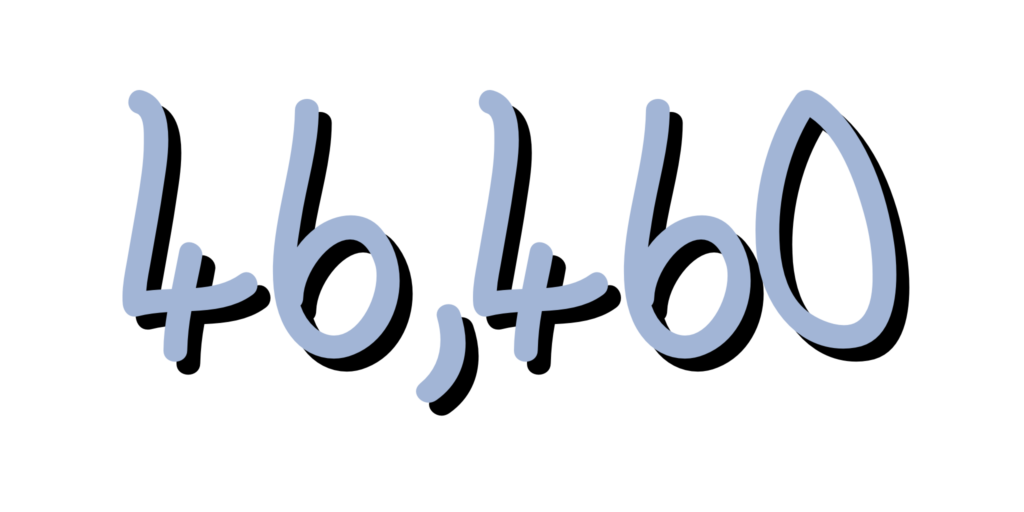
46,460 international students are studying economics or business administration, like Jalen! These disciplines are the second most popular for foreign students in France.
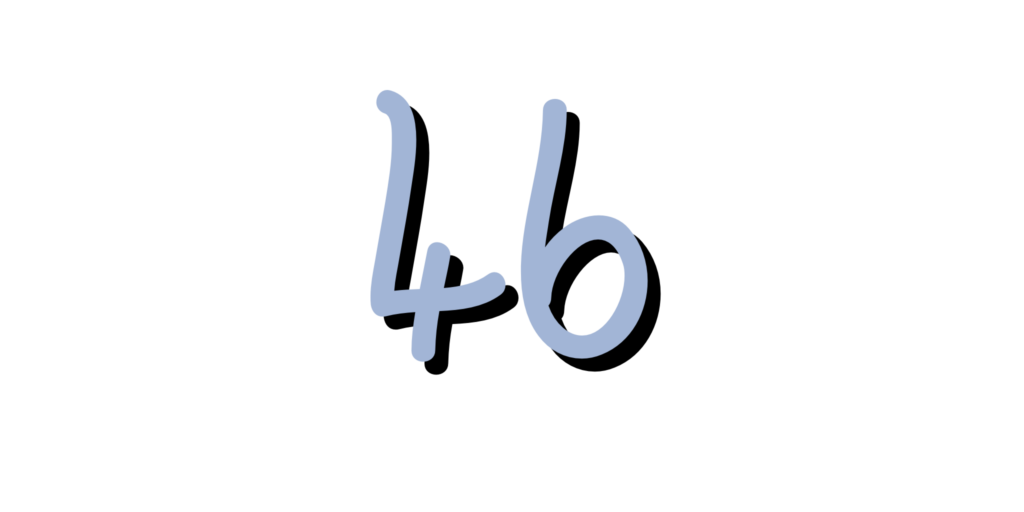
46 countries, including the United States, use the Études en France procedure to apply to study in France. This online common application streamlines the process of applying to higher education programs in France.
Were these figures on par with your expectations, or did some of them shock you? Let us know in a comment. For these and more interesting numbers, check out the full report from Campus France.
Check out our video about why you should study in France!
You May Also Like
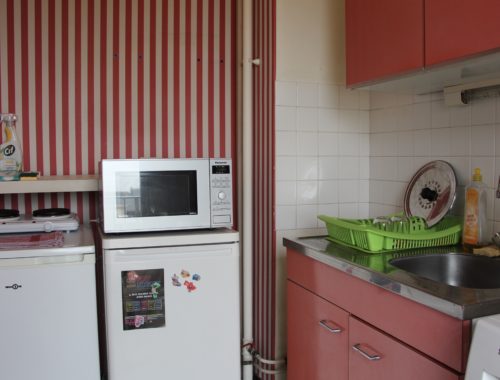
How to Find Housing in France: Expat Apartment Search
January 13, 2021
Applying for a Master’s Degree in France: Complete Timeline
October 21, 2020


2 Comments
Rachel
American here — I would really appreciate your advice. You have great content that I have found so useful for the past year as I try to send my daughter to college in France. Now my head is spinning with “access rates”, number of places, and admittance requirements for various degree programs. My daughter is determined to apply to psychology license programs in Paris. She really wanted to be in Bordeaux but they are not accepting applications this year, apparently, and b/c she’s trying to coordinate this move with a friend, we are now focused on Paris.
She’s a very strong student with a Bilinugal IB diploma with a 4.67 GPA. But psych is a super-popular major and the access rates are dismal. Her first 2 choices are 14% and 24%. On top of that, she got a B2 on the TCF despite having attended French immersion school since Kindergarten, and many programs require a C1. It’s impossible to guess her chances. I’m worried she won’t be accepted to anything and the whole France plan will be dead in the water. Would you recommend using one of her 3 application spots for a “safety” program – something with a 60-90% access rate? Do you have any advice or comment on the difficulty of gaining admittance to these more selective programs? Any advice would be much appreciated!
Jalen & Maria
Hi, Rachel. Thanks for your comment.
We don’t have any practical experience in the field of psychology, but we can speak to some of the points you raised.
A B2 level is often the lowest French-language level accepted for applying to higher education programs in France. If the programs your daughter is targeting ask for a B2, then there shouldn’t be a problem. If they require a C1, we’re not sure that an admissions committee would skip over that factor. We personally recommend that prospective students work toward a C1 level before they arrive if they plan to do a degree fully in French to maximize comfort and success.
Applying to a “safety” program is only a good idea if it’s a program that legitimately interests your daughter and will lead to gainful employment later on. If it’s a last-resort program that only serves the purpose of giving your daughter a reason to stay in France, it will be difficult to find the motivation to succeed and may not be the enriching educational experience she is looking for.
Our advice for upping the chances of a successful application are to highlight all coursework, volunteer experience, certifications, and internships related to the targeted field of study. French universities tend to put less emphasis on “well-roundedness” and more on being an obvious fit for the program. It’s important to create a narrative that stresses the reasons the candidate is a strong match for the program.
You didn’t mention this in your comment, but please note that in fields like psychology, the education and licensing systems aren’t necessarily compatible between France and the United States, so it’s important to think about where your daughter is hoping to use her degree down the road. Furthermore, many job opportunities in this field in France are only open to people holding master’s degrees in psychology, and there are far more applicants for master’s degrees in psychology than there are spots available (about half of people holding bachelor’s degrees in psychology do not get a place in a master’s degree in France). Many French people go elsewhere in the EU to get their master’s degree in this field because it’s so oversaturated. Just something to keep in mind!
Best of luck to your daughter in this pursuit!